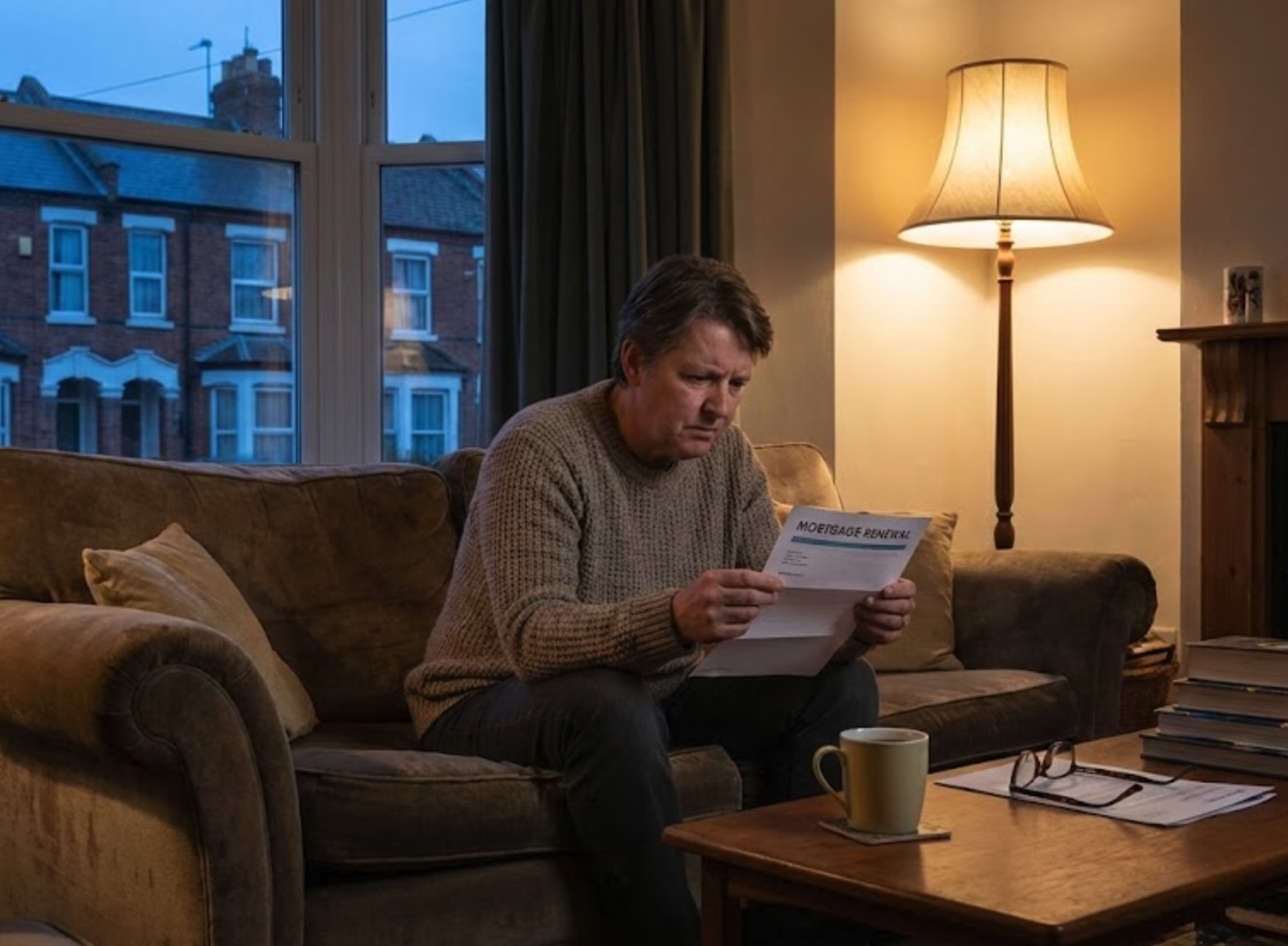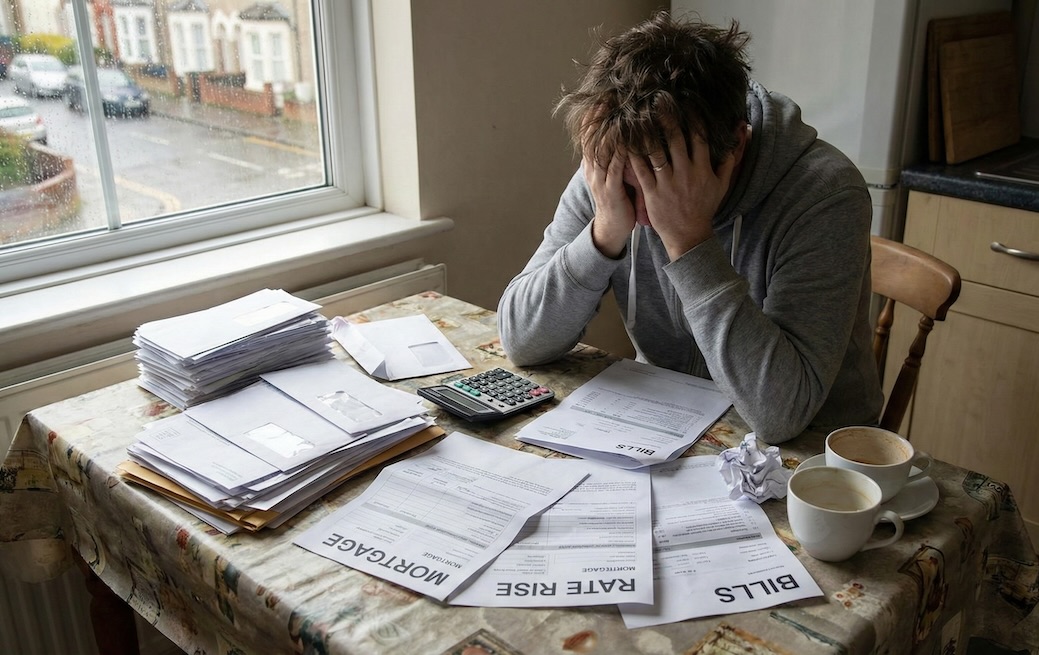Do You Know How Much A Mortgage Actually Costs? A Simple Guide For First-Time Buyers
Table of Contents
- The Big Picture: What You'll Need to Pay
- 1. The Deposit: Your First Big Step
- 2. Solicitor Fees: The Legal Stuff
- 3. Survey and Valuation: Checking Out the House
- 4. Mortgage Arrangement Fee: The Cost of Borrowing
- 5. Monthly Mortgage Payments: The Long-Term Commitment
- Good News: No Stamp Duty for First-Time Buyers!
- Other Costs to Consider
- How to Work Out What You Can Afford
- Getting the Best Deal
- Don't Forget About Stamp Duty
- Final Thoughts: Is It Worth It?
- Need More Help?
Thinking about buying your first home? Exciting times! But before you start picking out curtains, let's talk about something important: money. Buying a house isn't just about the price tag you see on the estate agent's window. There are lots of other costs that pop up along the way. Don't worry, though! We're going to break it all down for you in a way that's easy to understand. Let's dive in!
The Big Picture: What You'll Need to Pay
Let's imagine you've found a lovely house for £230,000. Here's what you might need to pay:
- Deposit: £23,000 (That's 10% of the house price)
- Solicitor fees: About £1,750
- Survey and valuation: £200 to £500
- Mortgage arrangement fee: Varies (we'll explain more later)
- Monthly mortgage payments: Around £926 to £946
Now, let's look at each of these in more detail.
1. The Deposit: Your First Big Step
The deposit is the chunk of money you pay upfront. In our example, it's £23,000. This might sound like a lot, but it's actually only 10% of the house price. Some people save for years to get this money together. Remember, the bigger your deposit, the smaller your mortgage will be, which means lower monthly payments.
2. Solicitor Fees: The Legal Stuff
Buying a house involves lots of legal paperwork. That's where solicitors come in. They make sure everything is done properly and protect your interests. This usually costs around £1,750, but it can vary. It's a good idea to get quotes from a few different solicitors to find the best deal.
3. Survey and Valuation: Checking Out the House
Before you buy a house, it's important to make sure it's in good condition. That's what a survey is for. It can cost between £200 and £500, depending on how detailed it is. Some mortgage lenders offer a free basic valuation, but a more detailed survey can spot problems that could save you money in the long run.
4. Mortgage Arrangement Fee: The Cost of Borrowing
This is a fee that some mortgage lenders charge for setting up your mortgage. You have two main options here:
- Choose a mortgage with a fee: This often means a lower interest rate, which could mean lower monthly payments. You can usually pay this fee upfront or add it to your mortgage (but remember, if you add it to your mortgage, you'll pay interest on it).
- Choose a mortgage without a fee: This usually means a slightly higher interest rate and higher monthly payments, but you don't have to pay a lump sum upfront.
Which option is best depends on your personal circumstances. It's worth doing the maths or talking to a mortgage advisor to figure out which works best for you.
5. Monthly Mortgage Payments: The Long-Term Commitment
This is the amount you'll pay each month to your mortgage lender. In our example, it's between £926 and £946 per month. This is based on:
- A 40-year mortgage term (that's how long you'll be paying it off)
- A 5-year fixed rate (meaning your interest rate stays the same for 5 years)
- An interest rate of 4.47% (with a fee) or 4.62% (without a fee)
Remember, these numbers can change depending on things like how much you borrow, how long you borrow it for, and what interest rate you get.
Good News: No Stamp Duty for First-Time Buyers!
Here's some good news! If you're a first-time buyer in the UK, you don't have to pay stamp duty on properties under £425,000. That's a big saving!
Other Costs to Consider
While we've covered the main costs, there are a few other things you might need to budget for:
- Moving costs: Hiring a van or removal company
- Furniture: You might need to buy some new items for your new home
- Decorating: You might want to put your own stamp on the place
- Home insurance: To protect your new property and belongings
You can use our Hidden Costs When Buying a Home Calculator to get a better idea of these additional expenses.
How to Work Out What You Can Afford
Before you start house hunting, it's a good idea to work out how much you can afford to borrow. Our Affordability Calculator can help you figure this out based on your income and outgoings.
Once you have an idea of your budget, you can use our Monthly Repayments Calculator to see how much different mortgages might cost you each month.
Getting the Best Deal
Getting a good mortgage deal can save you thousands of pounds over the years. Here are some tips:
- Shop around: Don't just go with the first offer you get
- Improve your credit score: A better score can mean better mortgage deals
- Save a bigger deposit if you can: This can give you access to better rates
- Consider using a mortgage broker: They can help you find the best deals (and some, like us, don't charge a fee!)
You can use our Advanced Mortgage Calculator to compare different mortgage scenarios and see how they might affect your finances.
Don't Forget About Stamp Duty
While first-time buyers don't pay stamp duty on properties under £425,000, it's still good to understand how it works for future purchases. Our Stamp Duty Calculator can help you work out how much you might need to pay on more expensive properties or future home moves.
Final Thoughts: Is It Worth It?
Buying a house is a big financial commitment, but it can also be a great investment. Instead of paying rent to a landlord, you're putting money into something that belongs to you. Over time, your home might increase in value, and you'll be building up equity (that's the amount of the property you own outright).
Plus, there's nothing quite like having a place to call your own!
Need More Help?
Buying your first home can feel overwhelming, but you don't have to figure it all out on your own. If you're feeling confused or want to make sure you're getting the best deal, it might be worth talking to a mortgage advisor. They can guide you through the process, explain your options, and help you find the best mortgage for your situation.
Remember, buying a home is a big decision, but with the right information and support, it can be an exciting and rewarding experience. Good luck with your house hunting!

![What Is The Minimum Down Payment (Deposit) For A House In The Uk? [2026][Short Version]](https://mortgagemapper.com/featured-images/what-is-the-minimum-down-payment-deposit-for-a-house-in-the-uk-2026-short-version.jpg)
